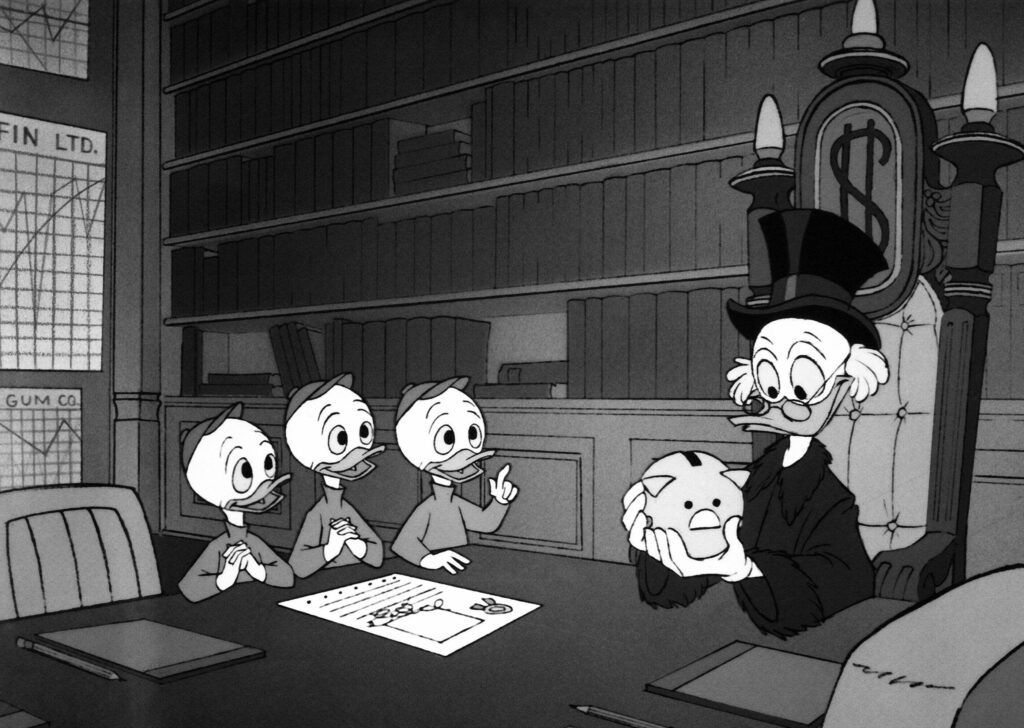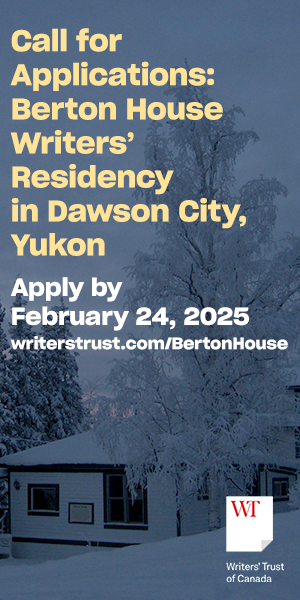The past several years have seen an uptick in books warning that growing economic disparity in rich countries is a major and immediate concern. From Chrystia Freeland’s Plutocrats and, especially, Thomas Piketty’s Capital in the Twenty-First Century to Bernie Sanders’s It’s OK to Be Angry about Capitalism, such books argue that rising income gaps and wealth concentration among an increasingly small super-elite are immoral, bad for democracy, and socially destabilizing. Tom Malleson’s Against Inequality picks up where those other titles left off and offers a road map, of sorts, for dealing with this dilemma.
Against Inequality promotes a position the author calls Good Life Egalitarianism: “All people, regardless of their skills or efforts, should be guaranteed the essential goods necessary to live a good and flourishing life.” While the book devolves at points into a bit of an intra-academic argument among schools of egalitarian thought, it is mostly a tightly conceived treatise on the practical and ethical reasons for bringing about a more or less equal distribution of wealth among all inhabitants of rich countries. (As a practical matter, Malleson does not advocate complete equality and accepts that some level of inequality seems necessary to provide “basic incentives.”)
After vividly describing the immense gaps in income and wealth that have accrued in rich nations over the past forty years or so, Malleson, who holds a doctorate in political science from the University of Toronto and teaches in the Department of Social Justice and Peace Studies at King’s University College at Western University, writes fluidly and confidently about their proposed remedies for those inequalities. By systematically deconstructing the arguments against wealth redistribution, Malleson paints a practicable path to a just society, as they see it.
Readers will be familiar with some of the tools Malleson proposes using to achieve this state — the how. They are in favour of strong labour unions, higher minimum wages, universal child care, and a guaranteed basic income, which are debatable but no longer radical proposals. Their call for inheritance and wealth taxes, higher individual and corporate tax rates, and caps on CEO pay are also not new, but these measures are, as Malleson acknowledges, more controversial than those other proposals. They offer a lot of data in support of these tools, however. More people will raise an eyebrow at Malleson’s view that significantly higher levels and types of taxation will not lead to critical levels of capital flight, but, again, the author backs up their position with data: in this instance, several European studies on the effect of higher taxes on tax avoidance and evasion.

We can no longer duck the issue of growing economic inequality.
Everett Collection; Alamy Stock Photo
Malleson doesn’t minimize the governance changes that would have to accompany all these actions, and they understand the level of cooperation and coordination that would be required among wealthy nations — which often compete with one another through lower tax rates. Nowhere does Malleson say this will be easy. But they argue — rather well at times — that these tools would reduce inequality.
Malleson also contends that decreasing disparity is simply the right thing to do. Indeed, the chapters devoted to why we should favour broad equality are the book’s most ardent. While some of Malleson’s arguments are not all that convincing — the effect of inequality on xenophobia and quasi-fascist nationalism is a hotly debated matter, for example — open-minded readers will find much to consider.
The bottom line is that we human beings do not choose our personalities, proclivities, or mental capacities in large part. We are largely the outcome of unchosen genetic, social, and historical forces. We are not responsible for who we are. Even our varying ability to self-cultivate and partially shape our own personality does not rescue desert, because such higher-order skills, like every other skill, are themselves determined by forces outside our control.
As a result of these fundamental inequalities, “what people receive should be based primarily not on what they as individuals do or deserve but on what they need.” In other words, since there is no level playing field, equality of opportunity is illusory. Only externally guided equality of outcome is appropriate and just.
Malleson offers other arguments: Most of the income wealthy people make cannot be said to result from their individual efforts. Property rights should not be absolute but should be contingent on people’s needs. Any slowdown in economic growth due to higher taxation will be offset by the economic gains of public investment. And there should be maximum limits on income and wealth.
Against Inequality is certainly a fertile work that should command the attention of anyone who is concerned about — and wishes to act on — inequality in rich nations. But many scholarly critics will undoubtedly challenge several of Malleson’s assertions and, therefore, the book’s conclusions. The most likely targets will be the author’s views on economic growth and the almost total absence of individual free will in their conception of humanity. These are hardly settled issues, and Malleson’s perspective should make for lively debate.
Malleson didn’t write Against Inequality for their academic peers, however. They wrote it for the educated general reader: specifically, “university-educated residents of Anglo-American countries who are open to progressive ideas but are by no means radicals or revolutionaries.” But even this set of general readers may find fault with the book.
Again, Against Inequality buttresses its arguments with a lot of data, mostly economic analysis. While data from the social sciences is rarely dispositive, the book absolutely brims with the author’s confidence that the kind of social experiment they so carefully describe would work. This confidence must assume that democratic governments never bend to special interests or other political realities. It assumes benign agreement and cooperation among competitive states. It assumes that civil servants always act neutrally. In other words, Malleson imagines a world in which elected officials, government workers, and experts — armed with good intentions and enough data — will always make correct and beneficial decisions.
These upbeat assumptions call to mind the progressive-era belief in the perfectibility of humans and the technocratic-era faith in the value of data-driven systems and processes to consistently come up with the right answers. Readers might be more open to the author’s position were Malleson more modest about our ability to predict, model, and shape human behaviour and social organization. After all, progressives and technocrats have made notoriously — sometimes spectacularly — bad decisions about how best to organize societies and the means with which to do so.
Those who are aware of history may also ask why, in a book devoted to the urgency of retooling society to drastically reduce economic inequality, Malleson has chosen not to examine the record of countries that have made such attempts in the past. Malleson does discuss the Scandinavian model — everyone’s favourite social-democratic experiment — but they do so as if this model still exists. According to the 2023 Index of Economic Freedom (hardly devoted to egalitarian outcomes), Norway, Sweden, and Denmark all have “freer” economies than the United States and Canada — with lower taxes, less regulation, stronger private property protections, and so forth. Why? What did these countries’ post-war experiment in high taxation, strong regulatory regimes, and generous social benefits teach them, such that they abandoned many of those policies by the 1990s? For that matter, why did Israel’s original kibbutz movement — committed as it was to radical social and economic equality — also end? Even if we leave aside the twentieth century’s worst excesses in the name of equality, the barbaric Soviet and Maoist regimes, Against Inequality would be stronger had it examined other Western efforts to build more equal societies and honestly wrestled with the outcomes of those attempts.
First, everyone should be assured good opportunity rights, that is, the means to self-determine, so that they can live the life that they autonomously value. The essential prerequisites for this include physical security, civil rights, education, economic security, and free time. The level at which these things can be provided will depend on the context, but in the rich countries of the Global North, they should include, above and beyond the standard package of liberal rights, universal healthcare, access to free (or heavily subsidized) postsecondary education, income security (such as through a Basic Income and extensive public services such as affordable housing, public transit, universal child care, and pensions), and rights to quality part-time work, all of which must be accessible to neurodivergent and differently abled bodies. Second, everyone should be assured good relationship rights, that is, the goods necessary for ensuring egalitarian social relationships (so that workplaces, families, and the state treat their members with equal respect, equal status, and, where appropriate, equal democratic rights).
Malleson admits that defining the good life is difficult and adds that their conception of it is only a suggestion. They’re right to tread lightly: progressive thinkers have struggled to define positive liberty — the freedom to realize human potential — for centuries. The problem is that your conception of full human potential — or Malleson’s — may not be mine. And then what? While Malleson never goes as far as Rousseau in positing that people may have to be “forced to be free,” Against Inequality does contain the language of state-sanctioned control: “the rich” will be “compelled” to pay more in taxes; the highest-paid would be “allowed” to earn only a certain amount more than minimum wage; the well‑off may be “required” to sell assets; wide differences in income between the average CEO and the average worker “would be abolished,” as would the “superrich” of the title. Nothing in the book suggests that Malleson is personally despotic, but versions of this larger story have been told and retold many times. The ending never seems to get any better.
“Liberty is liberty, not equality or fairness or justice or culture, or human happiness or a quiet conscience,” wrote Isaiah Berlin, the great twentieth-century theorist of liberalism. He did so not gleefully but realistically. His negative conception of liberty — individual freedom from coercion — may not be Malleson’s preference, but, until we all agree on a concept of a good life, it may be the best we can get. Malleson asks that we read Against Inequality with an open mind, and we should, for it is an important addition to the examination of economic inequality. We can also take some of Malleson’s policy prescriptions seriously — without going too far.
Dan Dunsky was executive producer of The Agenda with Steve Paikin, from 2006 to 2015, and is the founder of Dunsky Insight.

